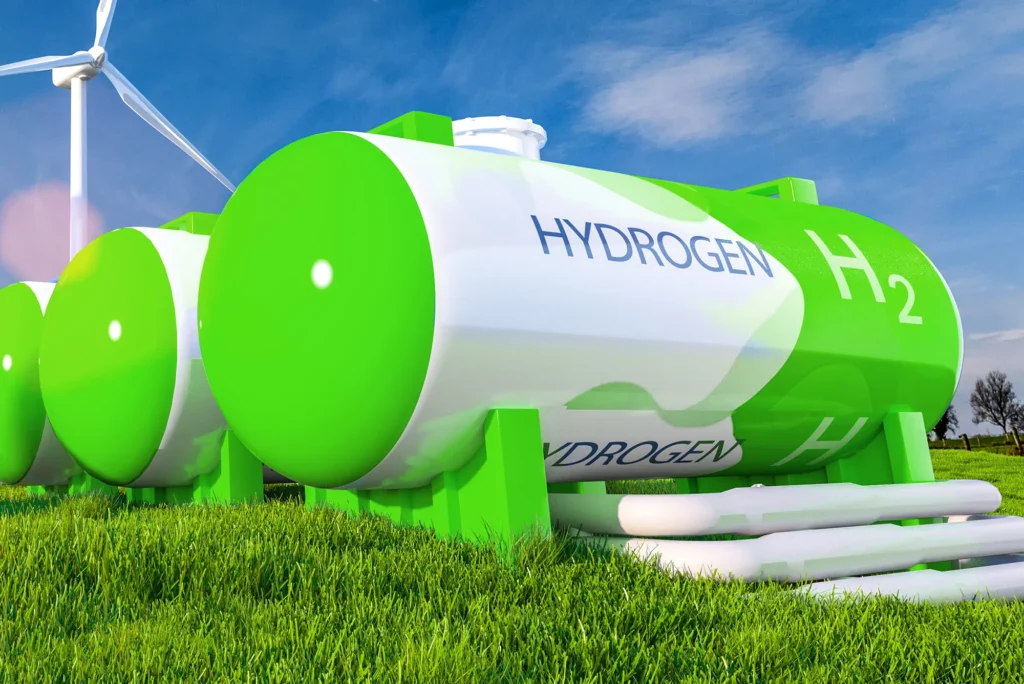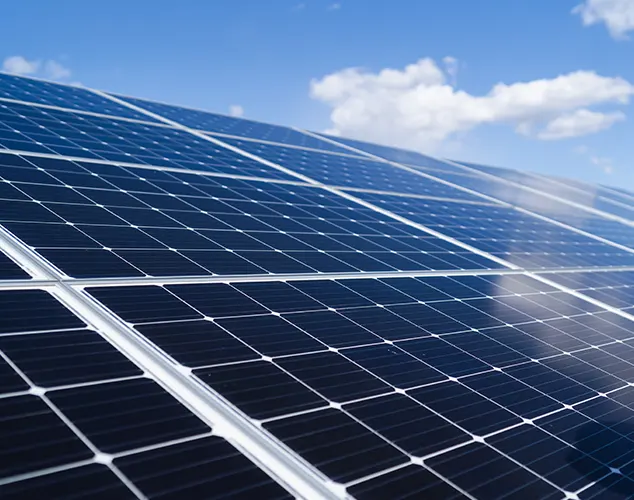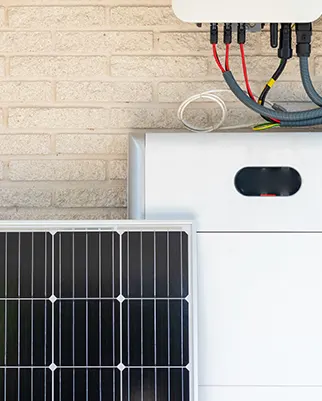
Solar energy
An ecological alternative to fossil fuels
Solar energy is an environmentally-friendly alternative to fossil fuels.

Nuclear energy
Power from atomic fission
Nuclear energy comes from the fission of atoms, mainly uranium or plutonium.

Hydropower
Run-of-river renewable energy
A renewable energy that generates electricity by harnessing the movement of water, through dams.

Control your energy consumption at home
To keep energy consumption under control, it’s important to improve insulation, opt for low-consumption equipment such as LED bulbs, and optimize the use of heating and air conditioning. Simple gestures, such as switching off appliances on standby or using off-peak hours, help reduce costs and environmental impact.
Alternative ways of getting around
It’s possible to get around differently by choosing alternatives such as public transport, car-sharing, electric vehicles, or using electric bikes and scooters.
Electric cars
Thanks to their rechargeable batteries, electric cars contribute to the energy transition by relying on renewable energy sources.
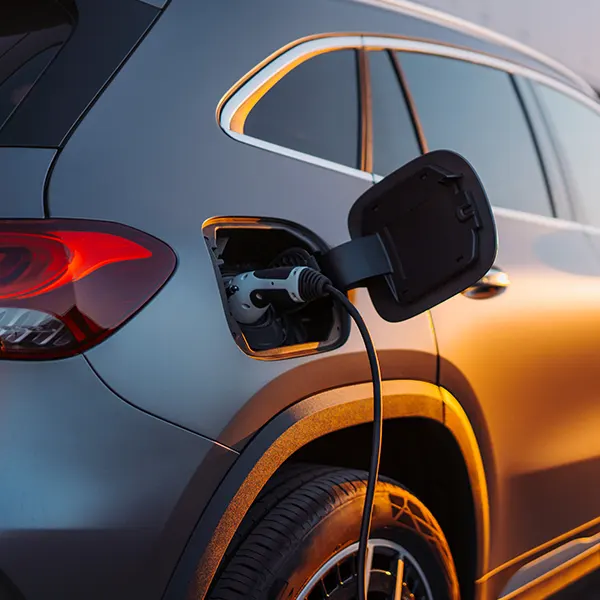
Electric scooters
The electric scooter offers a fast, eco-friendly solution for short journeys, avoiding traffic jams and pollution. It’s practical, easy to use and store, and suitable for everyone.
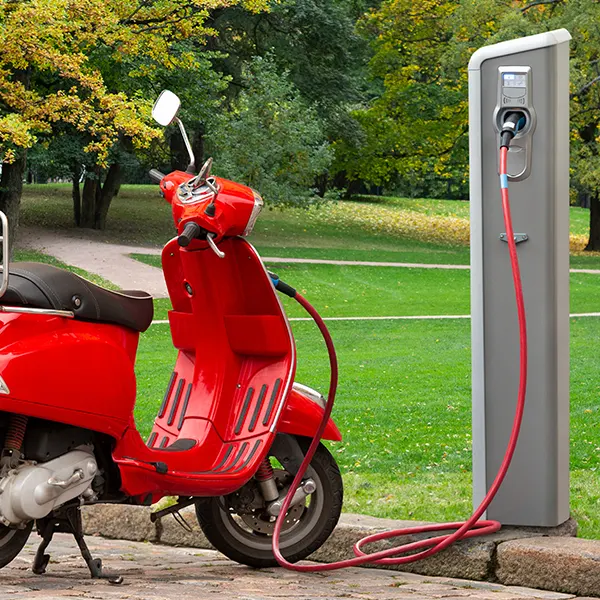
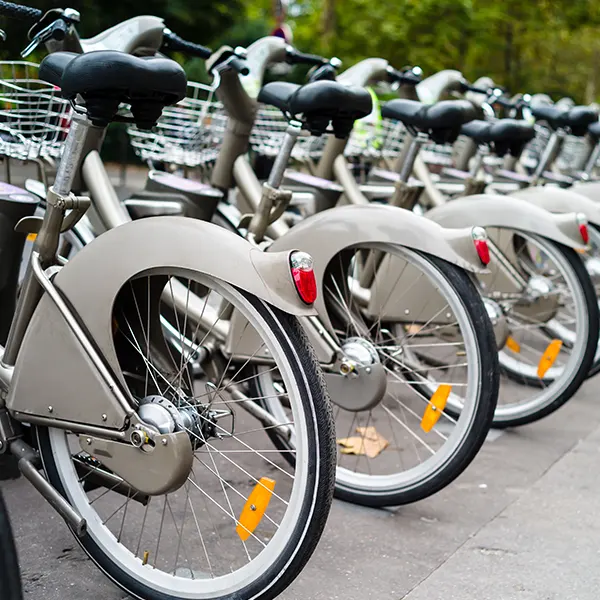
Self-service bikes
Open to all, this system lets you rent a bike for short trips, reducing car use and helping to cut CO2 emissions.
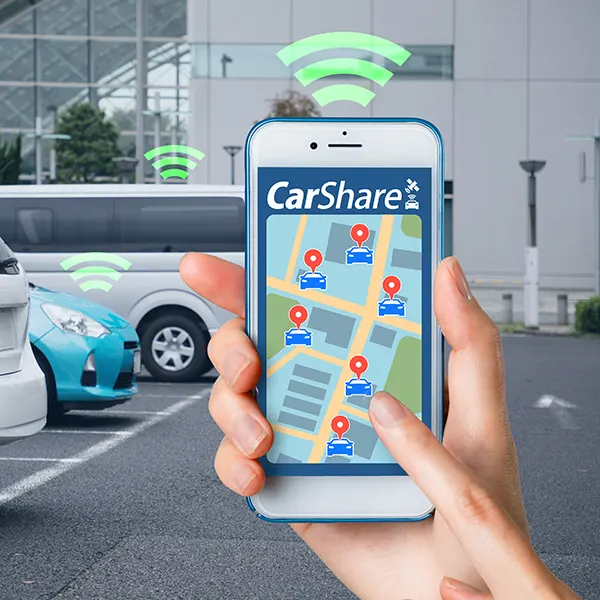
Car sharing
Shared cars limit the number of cars on the road, helping to reduce CO2 emissions and ease congestion in urban areas.
Innovations for a changing industrial sector
The industrial sector is evolving with the integration of technologies such as artificial intelligence, automation and the Internet of Things, which are improving production efficiency while reducing costs. At the same time, the adoption of ecological solutions, such as renewable energies and recycled materials, is helping to steer industry towards more sustainable, environmentally-friendly practices.
03
Energy autonomy within reach
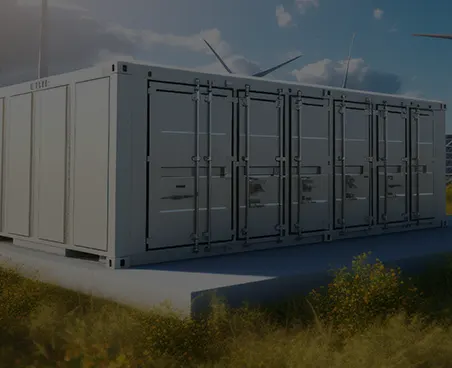
Lithium-ion batteries are an essential solution for energy autonomy, thanks to their high storage capacity and long service life.
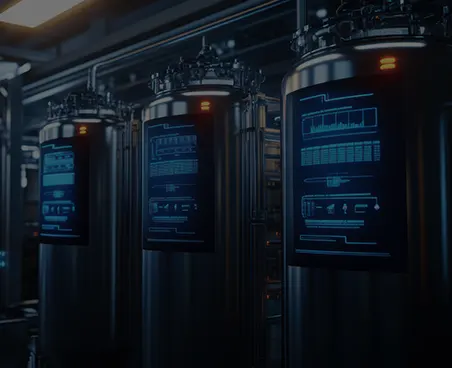
Fuel cells are an environmentally-friendly, high-performance solution for powering vehicles, buildings and industrial facilities, without producing CO2 emissions.

Microgrids are autonomous networks capable of operating independently of the central grid, combining different energy sources such as solar and wind power.

Supercapacitors are energy storage devices that can rapidly store and release large quantities of energy.
